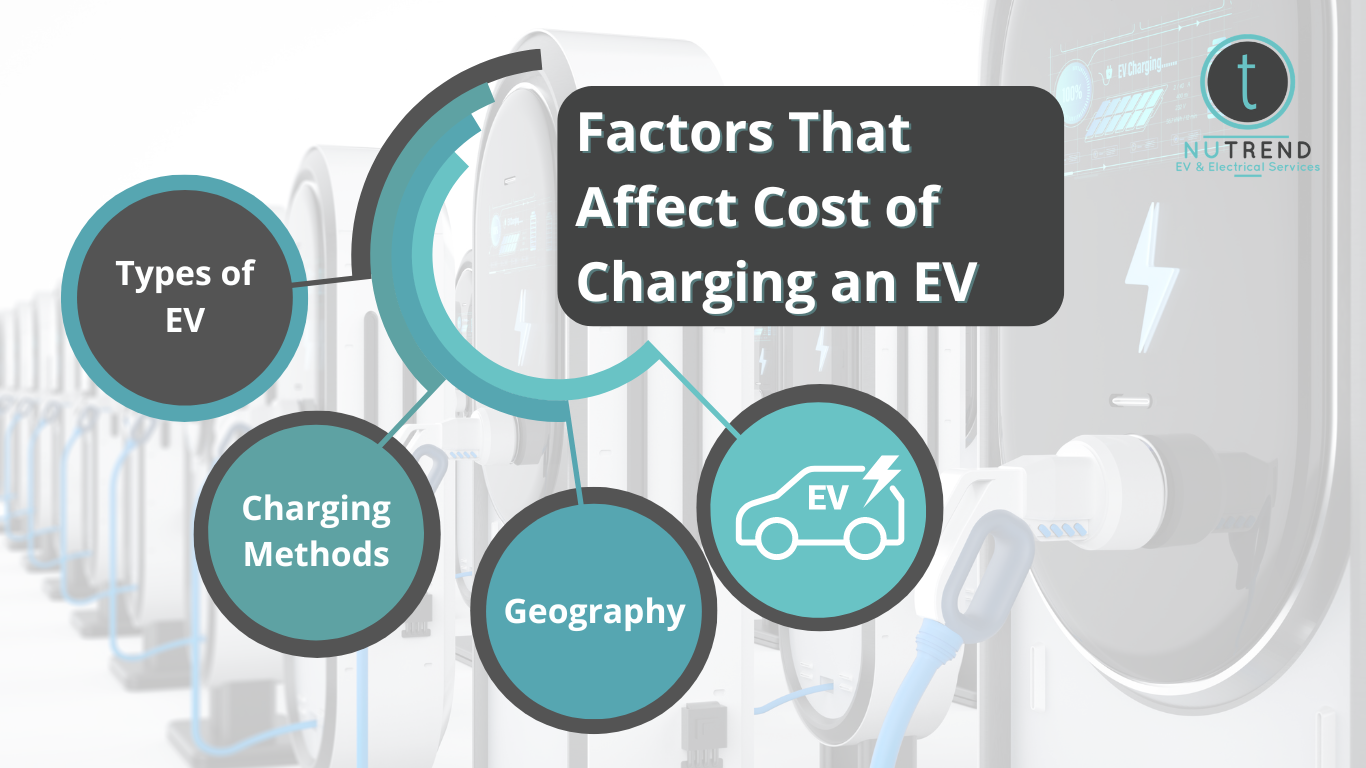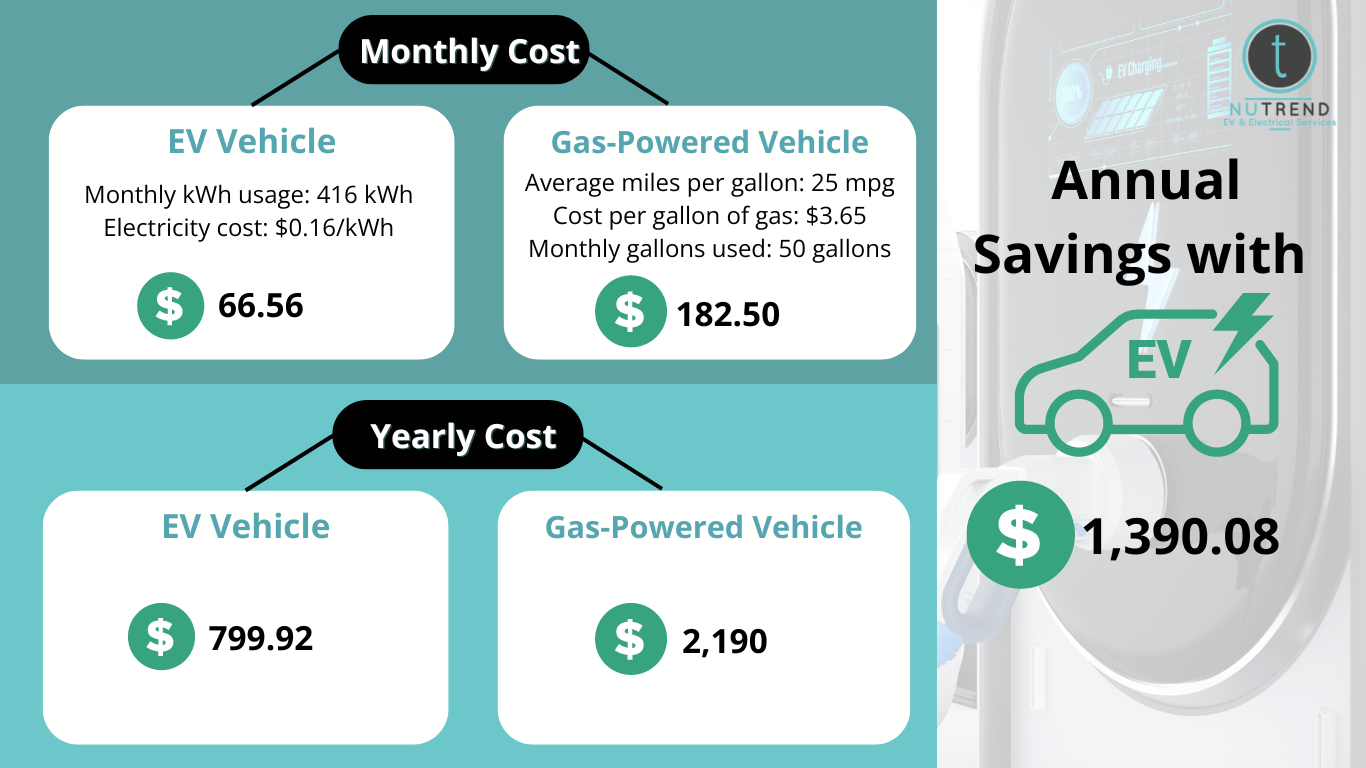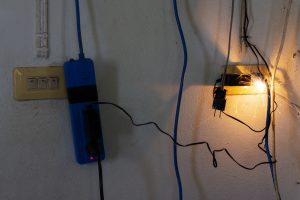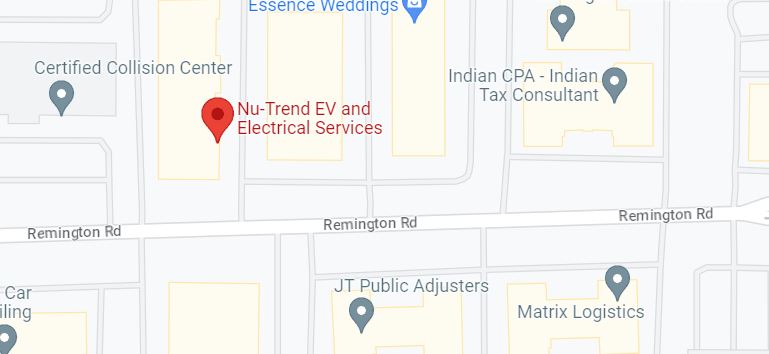Is Charging an Electric Car Cheaper Than Gas?
Charging an electric car versus gassing up at the pump is currently a hotly debated topic. In most cases, however, charging an EV at home saves drivers money compared to using gas. With attractive energy incentives and off-peak electricity rates, charging an EV is cost-efficient.
The shift to EV ownership has skyrocketed in recent years, thanks to the federal incentives, lower EV prices from automakers, and the cost-effectiveness and convenience of having the opportunity to charge the car at home with a Level 2 charging station using renewable energy.
What variables go into the cost of charging an EV?
Before breaking down the numbers for comparisons, it’s important for EV owners to know the charging costs involved. These costs vary based on factors, like the type of EV, how is it charged (via a Level 1, 2 or 3 charger), and where in the US it is charged.

1. Type of EV
Cost-savings may be driven by the type of EV driven, such as a Tesla Model 3 or a Ford F-150 Lightning—both of which have varying levels of power efficiency. An EVs efficiency is rated by the number of kilowatt hours (kWh) it consumes every 100 miles.
2. Charging Method
Juicing up at a Level 3 charging station at a retail location comes with extra fees and higher rates compared to using a Level 1 or a Level 2 charger at home. Public charging stations are notorious for charging customers higher rates for the speed their chargers offer.
3. Geographic Location
Plus, although electricity prices vary, it is significantly cheaper than gas, even in states like California, where energy rates climb to the second-highest in the nation. In fact, the Golden State is known to have the highest gas prices in the US.
How does the cost of charging an EV compare to the cost of fueling a car?
Average EV charging costs in the US can be compared to fuel costs. An EV owner whose car uses 416 kWh per month and whose vehicle needs average power (3 miles per kWh) can expect to pay $66.56 a month at an electricity cost of $0.16 per kWh.
In comparison, consider a gas-powered vehicle that delivers 25 miles per gallon at a cost of $3.65 per gallon (with 50 gallons being the average number of gallons of fuel required). This driver can expect to pay $182.50 per month to fuel their vehicle.
Using these figures from the monthly average, it is possible to estimate the yearly average. A gas-powered car costs on average $2,190 per year to run. On the other hand, an EV costs $799.92 annually to charge. The yearly difference is a striking $1,390.08 saved by EV owners.
Again, average prices vary based on the cost of electricity, which differs from region to region. The example above uses 16 cents per kWh. However, electricity rates average from 23 to 43 cents in some states, like Rhode Island, New Hampshire, and Hawaii.
How do off-peak hours impact the cost of charging an EV?
Homeowners are aware that electricity rates decrease during off-peak hours. EV drives maximize their cost-savings by juicing up their vehicle at night. Using an at-home charging station is the least costly way to recharge—and it’s usually a fraction of the cost of gas.
In Illinois, for instance, electricity prices in early 2024 averaged 15.72 cents per kWh, while in the year prior they hovered at 17.12 cents per kWh. Differences in local utility rates from year to year can manifest as a decrease or increase in cost-savings when charging the EV.
How do energy incentives lower charging costs?
While the nationwide average cost of electricity is 16 cents per kWh, the price drops markedly in Midwestern states and the west. Deregulated energy markets may offer incentives to EV drivers, too, such as unlimited charging for $20 per month or free EV charging.
Incentives vary from state to state. However, the goal remains the same: entice EV drivers with irresistible energy plans and free charging periods. Homeowners might even invest in solar energy panels or home energy storage to further their cost-savings and energy independence.
How does using an at-home Level 2 charger reduce charging costs?

The faster a charger delivers electricity, the higher the cost to charge the EV. Speed is the main draw of using a Level 3 charger at a commercial location. But to maximize cost savings, EV drivers are encouraged to charge using a less-costly at-home Level 1 or Level 2 charger.
EV owners who take time to plan ahead, such as installing a Level 2 charger at home and charging their vehicle during off-peak hours, save money. Capitalize on the federal tax credits and incentives to reduce home charging hardware and installation costs by up to 30 percent.
Charging an EV is less expensive than fueling up a vehicle with gas. When you’ve made the switch to an EV, maximize your charging costs by installing a Level 2 charger at home. Nu-Trend is one of the most trusted residential EV home charger installation services in the area.
Our experienced electricians are certified to install Level 2 chargers. We first inspect your existing electrical system to ensure it is compatible with the voltage necessary for the charger. If adjustments are necessary, we perform them so that it safely accommodates the charger.
Nu-Trend’s Level 2 charging stations are compatible with a wide variety of EV makes, such as Ford, Volvo, Kia, Toyota, Nissan, Chevy and Volkswagen, among others. However, our charging stations are incompatible with Tesla EVs. We can also install a Level 3 charger in your commercial setting.
When you aim to work with Chicago’s most reliable EV charger installation service, choose Nu-Trend. We take care of the entire project, from acquiring the permits to a quality installation and the final cleanup and inspection. Contact us at our Schaumburg, Illinois, office to schedule an onsite visit.
Related Posts:
What Our Cients Say
Vil Varadhan
Nu-Trend did a professional installation job for my EV Charger at home. The technician was thorough and put safety first. Although, it was not cheap – The quality of work gives a peace of mind. They took care of City permit etc.
![]()
Kevin Gallagher
Updated panel from 100 to 200 A and installed EV charger. Team was very professional. Shane was responsive and ushered through the permit. Dave and Jr did a clean install and were respectful in my home. Would consider them for future electrical work.
Martin Gardner
We had Nu-Trend add an EV charging port to our garage which was organized via Qmert, who contracted Nu-Trend to do the installation. I first met Dave, who came out to inspect the job site and put together a quotation; he is an excellent, Knowledgeable, and professional electrician. Shane at Nu-Trend took care of all the paperwork which includes a work permit from the local council and inspection after installation. Dave and a co-worker who was also excellent came to the house and did the installation in about half a day, the quality of the workmanship was impeccable. The work passed Inspection with flying colors.
Electrify Your Journey
Nu-Trend EV offers FREE consultation!
Rewiring Chicago!
Our service doesn’t stop at installing the EV charging station; we also specialize in electrical wiring. If your electrical system needs an upgrade to accommodate the increased power demand of an EV charger, we have the expertise to handle the job efficiently and safely.




